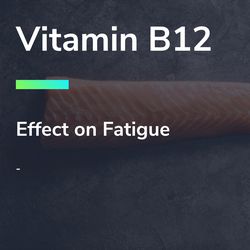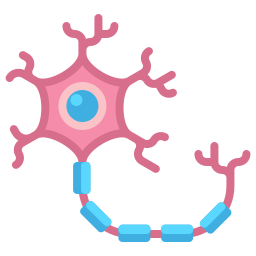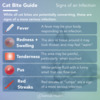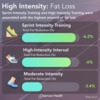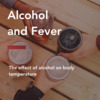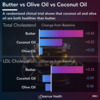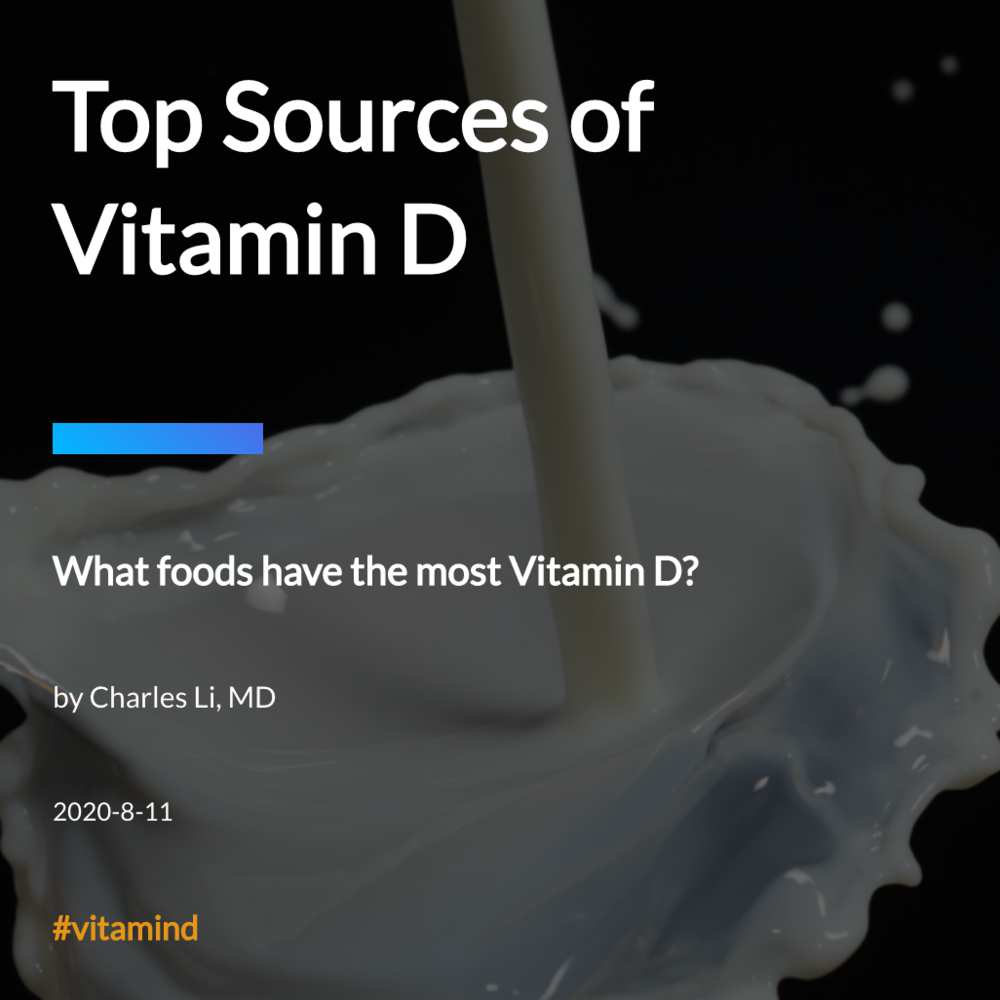
Article summary

1. Your Body Can Make vitamin D
Unlike other vitamins, your body can actually make its own vitamin D with the help of the sun.

2. You need vitamin D
Vitamin D is also one of the most important vitamins in your body. It plays an important role in growth, but also for the immune system. There is even some evidence that vitamin D may affect your lifespan.

3. Vitamin D from Diet
However, sunlight alone isn’t always enough for vitamin D. It’s important to eat a balanced diet to make sure that you get enough vitamin D.
Key Data

What kinds of foods have vitamin d?
Generally, fish and meats naturally contain vitamin D. Just a few pieces of fish or meat should be enough to provide your daily needs. Additionally, drinks such as milk, soy milk, and orange juice often contain added vitamin D.
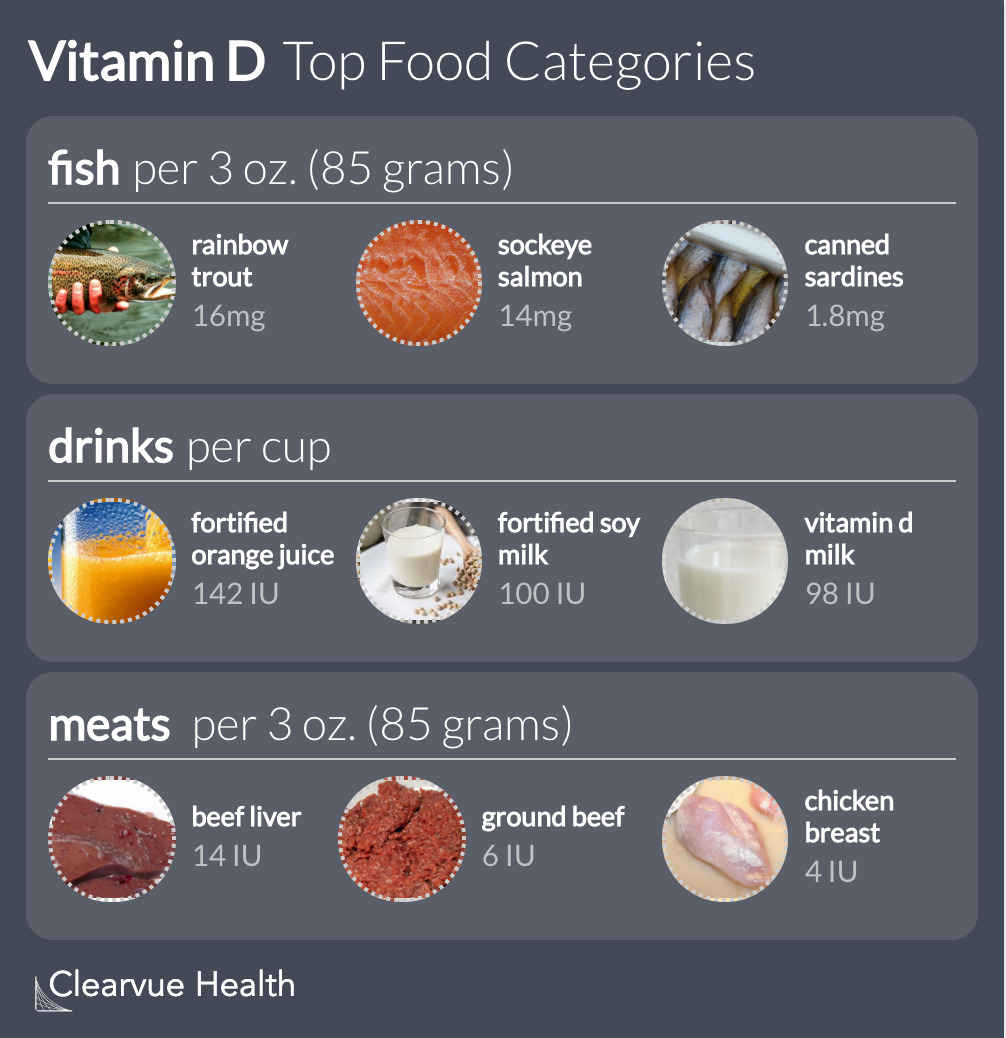
We’ve listed the top food categories for vitamin D in the chart above. If you are looking to add more vitamin D to your diet, consider eating more meat and fish. Certain beverages including orange juice, milk and, soy milk tend to contain vitamin D that has been added.
Vitamin D
what is it?
where to get it
Key Facts
- typefat soluble
- sourcediet, skin
- other namescalciferol, cholecalciferol
Appearance
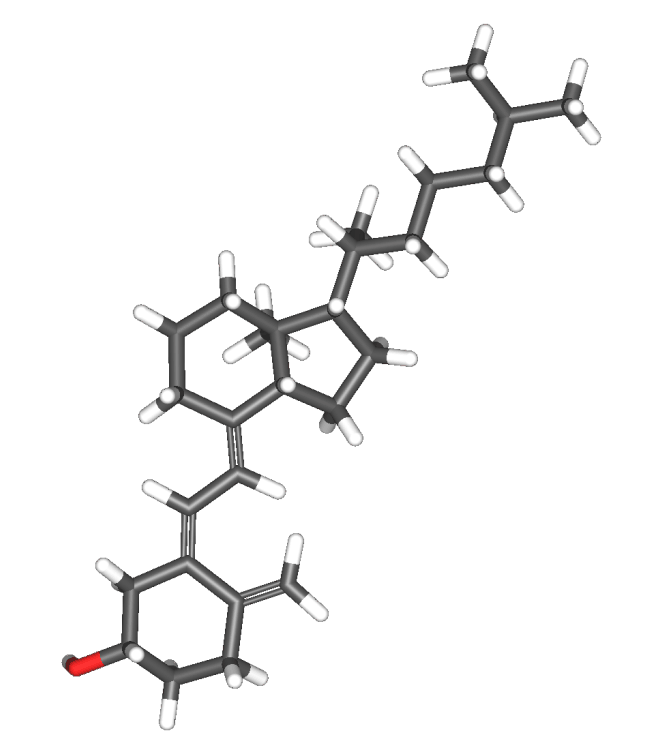
Use List

bone growth

calcium

immunity

the sun
your body can create vitamin D with assistance from the sun

diet
some foods such as milk and fish contain vitamin D
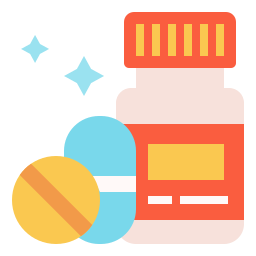
supplements
Vitamin D can also be obtained from dietary supplements

Key facts: Vitamin D plays a key role in bone growth, calcium absorption, and your immune system. Unlike some vitamins, your body can produce it with the help of the sun. Sunlight helps catalyze a key reaction in the production of Vitamin D.
Chart 2
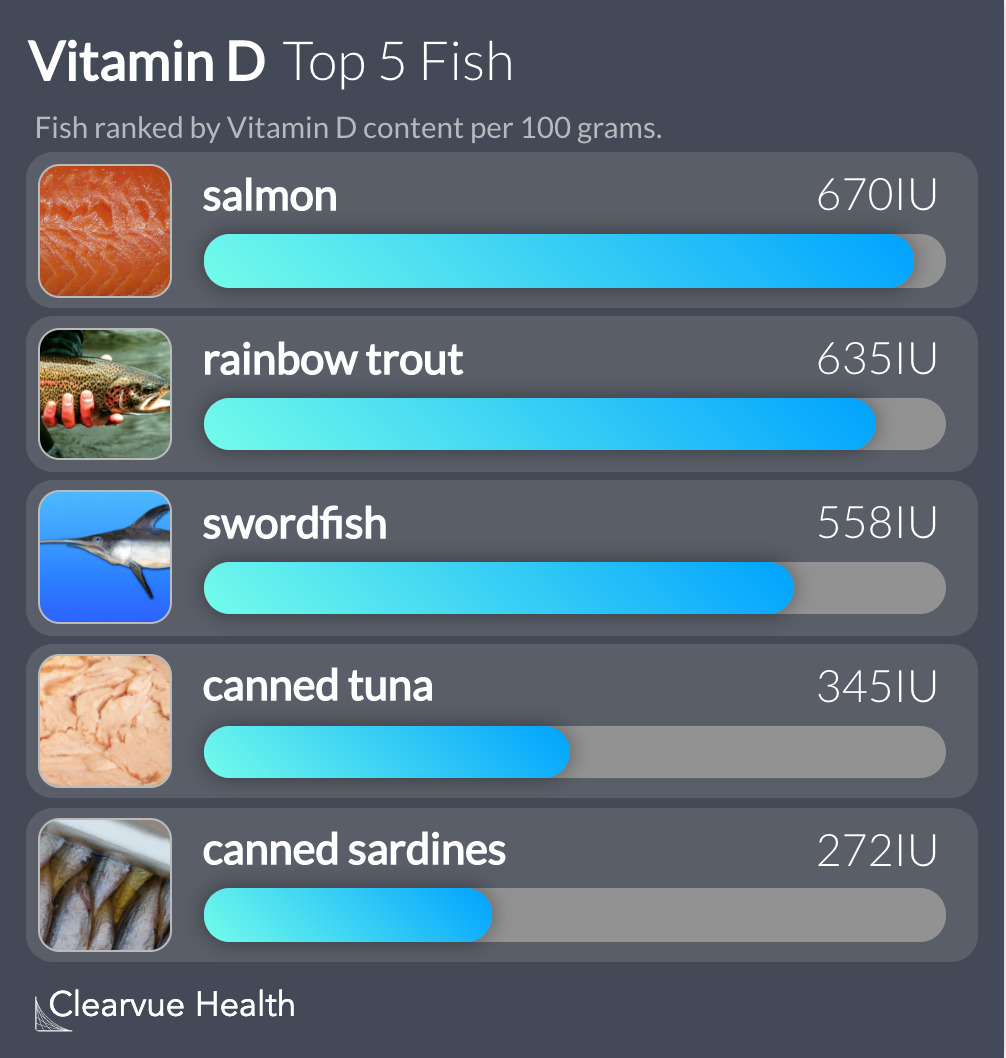
We rank the top five fish for vitamin D. Vitamin D content above is listed per 100 g. The data was obtained from the USDA and the NIH. On the charts, the blue bars are scaled to the relative amount of vitamin D per gram.
Chart 3

Making Vitamin D
Unlike other vitamins, your body can actually make its own vitamin D. Your skin cells use sunlight to convert precursor molecules into vitamin D.
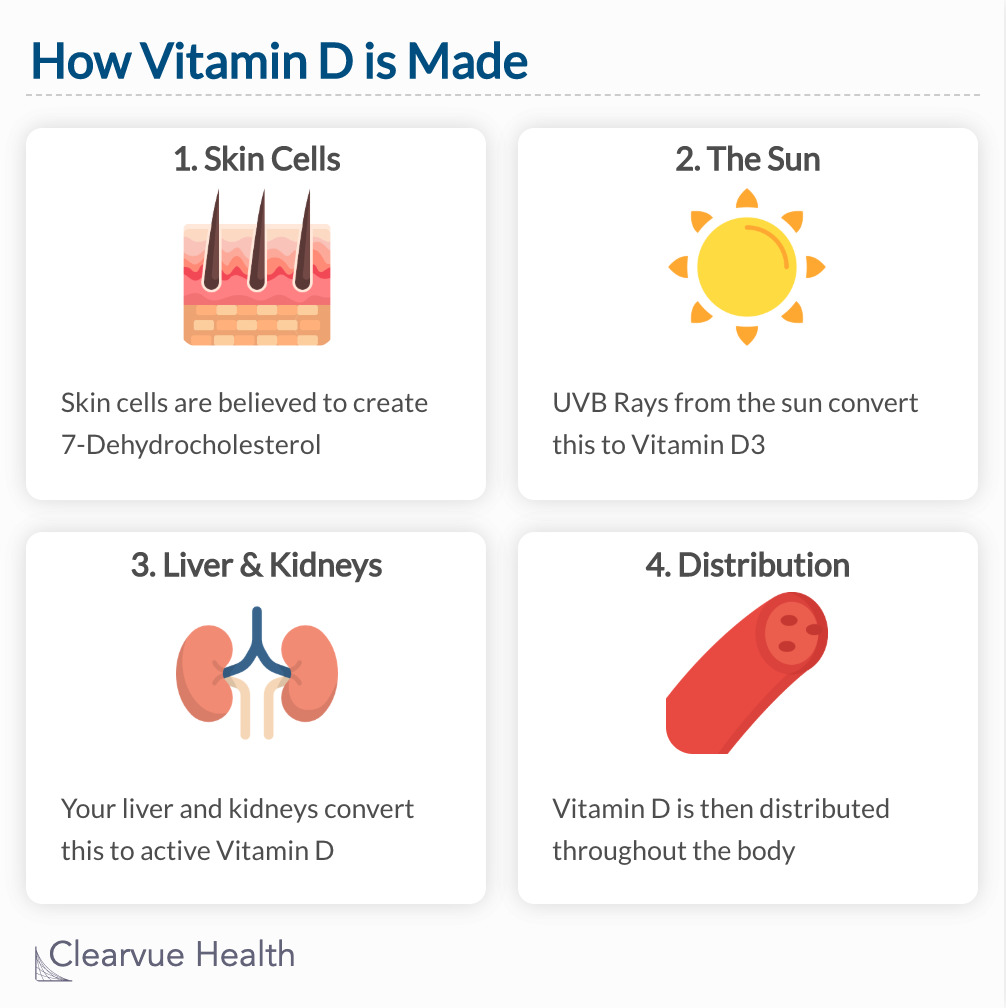
How Vitamin D is Made: Skin cells are believed to create 7-Dehydrocholesterol. UVB Rays from the sun convert this to Vitamin D3. Your liver and kidneys convert this to active Vitamin D. Vitamin D is then distributed throughout the body.
Vitamin D Benefits

Vitamin D & The Flu
There is some evidence that vitamin D can protect you from the flu. School children who were given vitamin D supplements were less likely to get sick. One possible reason maybe that your immune needs Vitamin D to work at its full capacity.
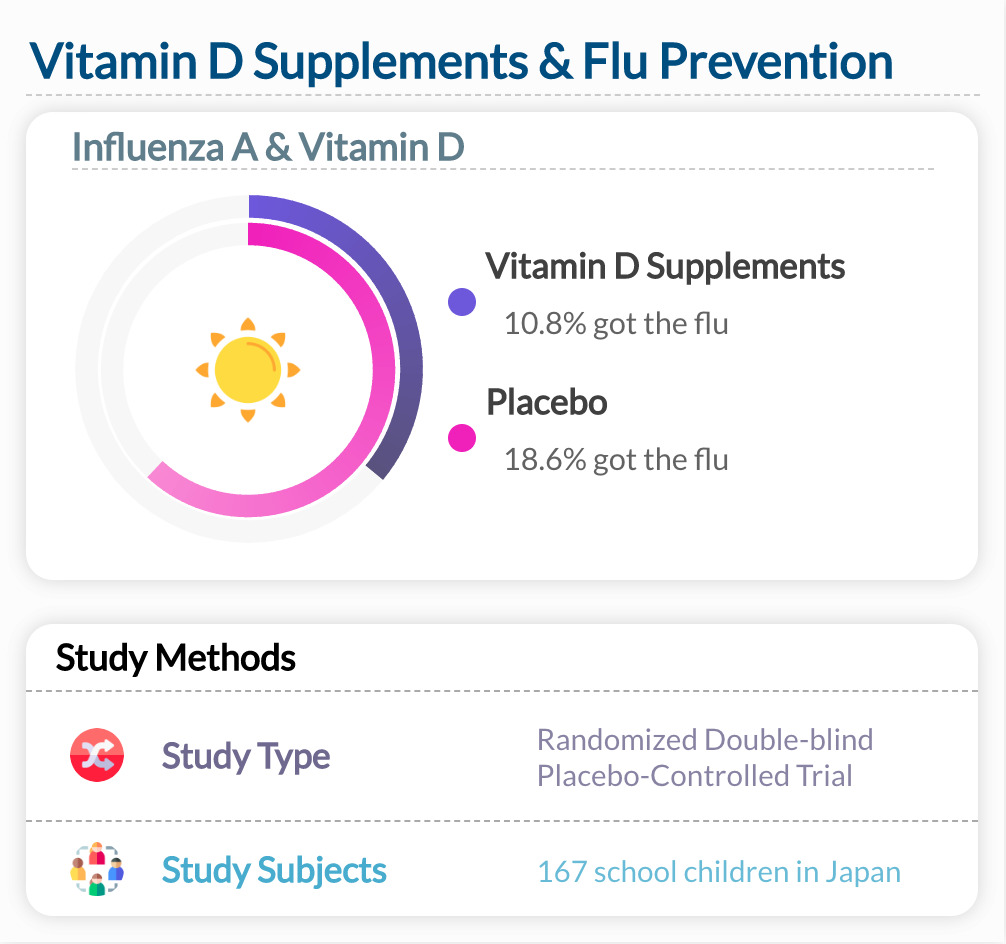
A study found that students were just over half as likely to get Influenza A if they were given vitamin D supplements compared to students who received a placebo. This study was conducted in Japan and was designed to investigate whether Vitamin D supplements could reduce the incidence of the flu among schoolchildren. Only Influenza A was studied.
Vitamin D Benefits

Vitamin D & Cancer
One surprising study found that vitamin D may have a benefit in reducing your risk of dying from cancer. While vitamin D might not keep you from getting cancer, the evidence below suggests that it might prevent you from dying from it.
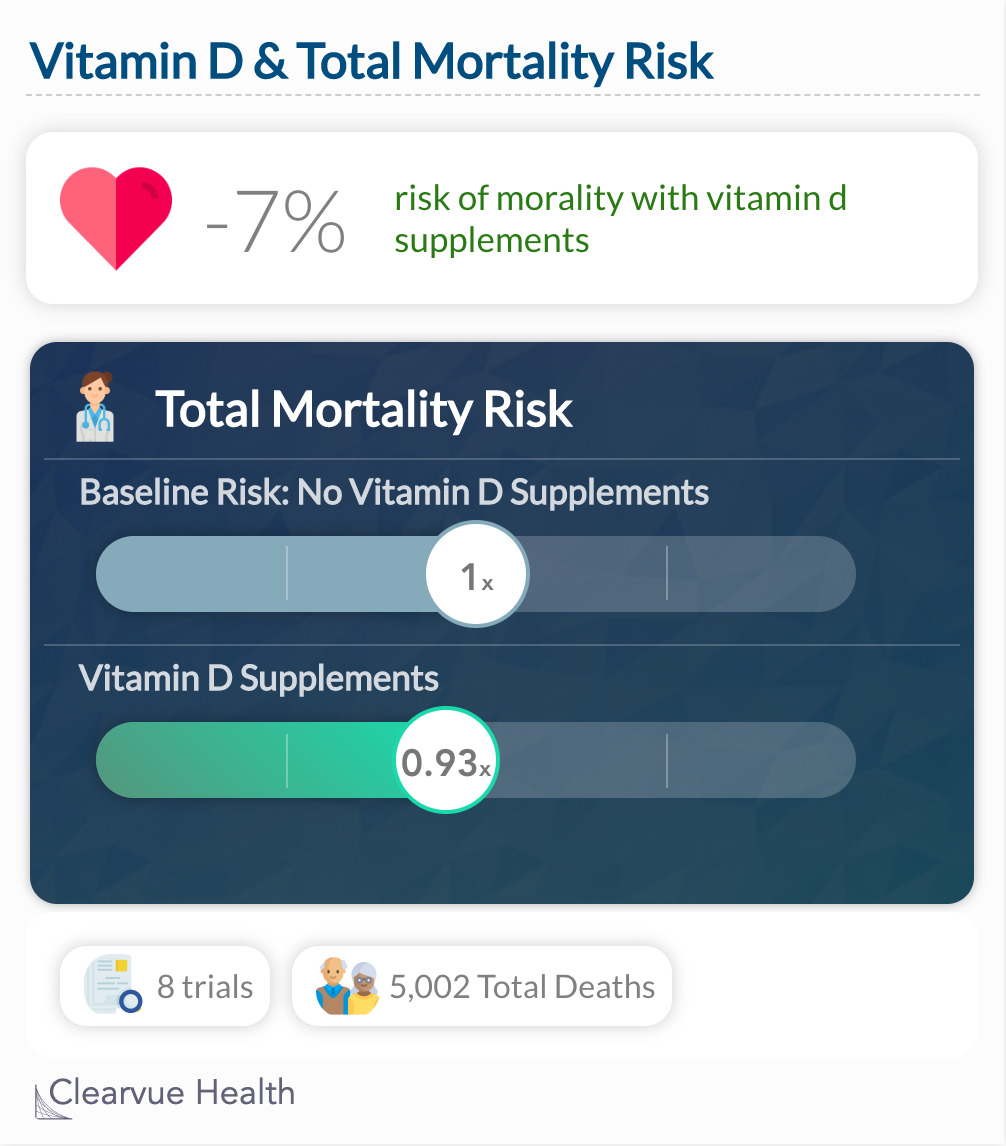
Vitamin D has been associated with a significantly lower risk of dying at any given time. Much of this reduction in risk of death is driven by Vitamin D's effect in reducing risk of cancer death.

#vitamind
Scroll for more ->
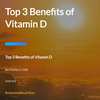
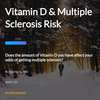

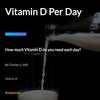
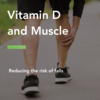
#new
Scroll for more ->
